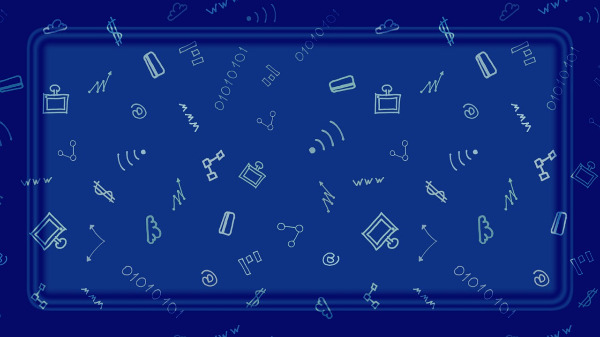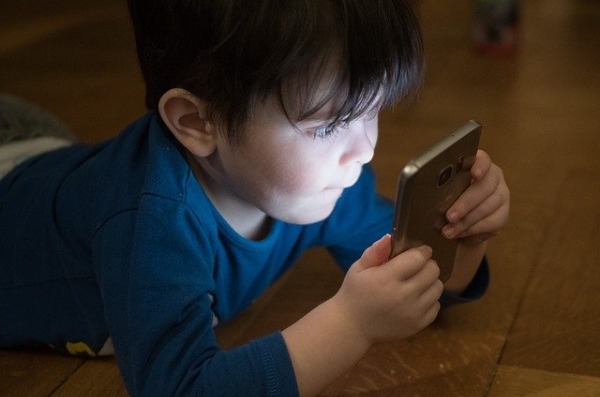Is Your 2024 Phone Finally Smarter Than You?

The prediction game is a tough one to win. I wrote a piece in 2013 titled "In 4 Years Your Phone Will Be Smarter Than You (and the rise of cognizant computing)" That would mean I should have checked back in 2017 to see if my predictions came to pass. Well, not my predictions but those from an analysis of market research firm Gartner. I did check back at the end of 2022 and now I'm checking in again after just a few years.
That original report was predicting that it wouldn't have as much to do with hardware, but rather from the growth of data and computational ability in the cloud. That seems to be true about hardware. My smartphone for 2024 is not radically different from the one I had in 2017. More expensive, better camera, new apps, but still the same basic functions as back then. It looks about the same too. New radical changes.
If phones seem smarter it means that you have a particular definition of "smart." If smart means being able to recall information and make inferences, then my phone, my Alexa, and the Internet are all smarter than me. And in school, remembering information and making inferences are still a big part of being smart. But it's not all of it.
"Cognizant computing" was part of that earlier piece. That is software and devices that predict your next action based on personal data already gathered about you. It might at a low level suggest a reply to an email. At a high level, it might suggest a course of treatment to your doctor. The term "cognizant computing" doesn't seem to occur much anymore. In fact, looking for it today on Wikipedia brought the result "The page "Cognizant computing" does not exist."
It seems to have been grouped in with machine learning, natural language processing, computer vision, and human-computer interaction and any intelligent systems that can perceive and understand its environment, interact with users in natural ways, and adapt behavior based on changing circumstances. I think the average person would say to all that, "Oh, you mean AI?"
It's there in virtual assistants (like Siri, Alexa, or Google Assistant), personalized recommendation systems (such as those used by Netflix or Amazon), smart home devices, and various other domains where systems need to understand and respond to user needs effectively.
I asked a chatbot if it was an example of cognizant computing and it replied, "Yes, a chatbot can be considered an example of cognizant computing, particularly if it is designed to exhibit certain key characteristics."
The characteristics it meant are context awareness, personalization, adaptability, and natural interaction.
Chatbots can be aware of the context of the conversation and may remember previous interactions with the user, understand the current topic of conversation, and adapt their responses accordingly. In these ways, it can personalize interactions. That shows its adaptability and ability to learn from user interactions and improve over time. Using natural language processing (NLP) techniques to understand and generate human-like responses makes for more natural conversations between humans.
Is my smartphone smarter than me in 2024? It is smarter, but I think I still have some advantages. I'll check in again in a few years.


 What did more than a million people do this past Sunday night at 9pm ET? They tuned in on their mobile devices to
What did more than a million people do this past Sunday night at 9pm ET? They tuned in on their mobile devices to